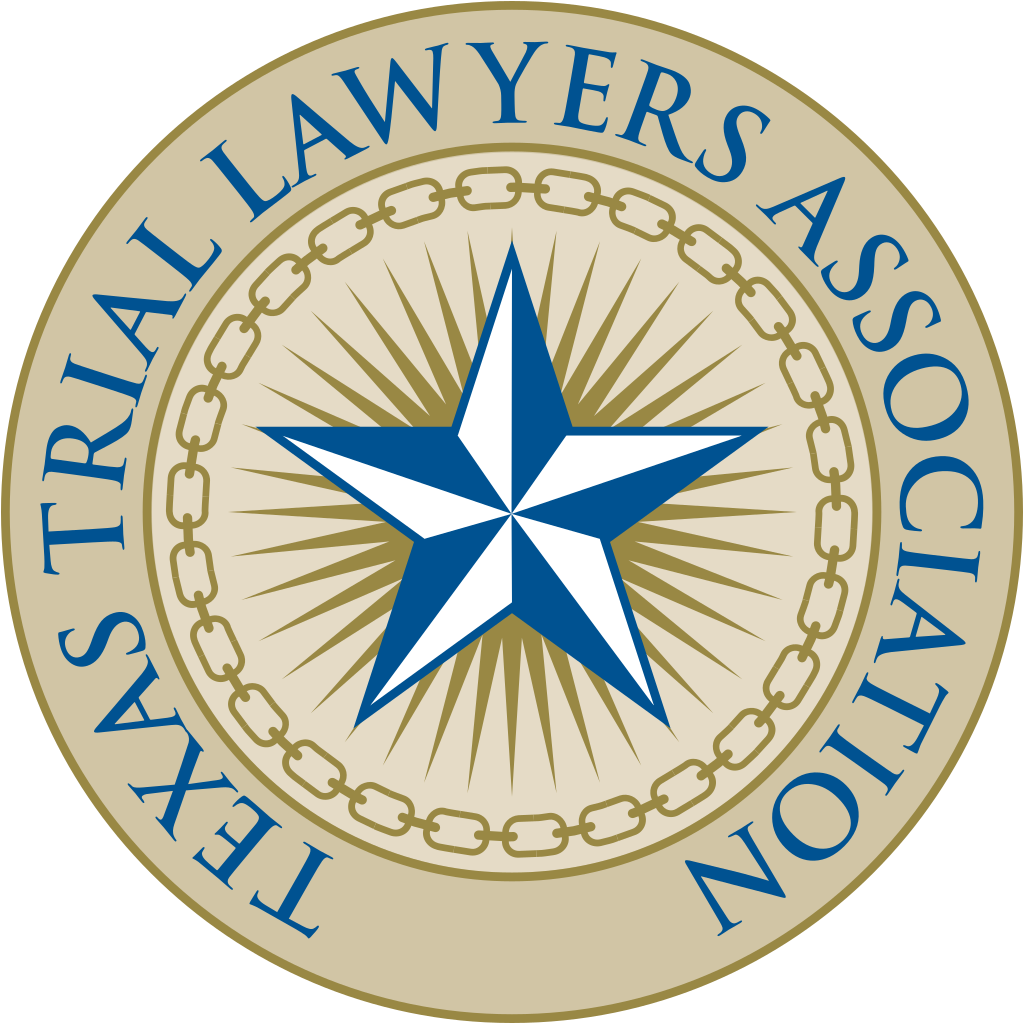Texas Gambling Laws Explained by Top Gambling Attorney
Texas gambling laws are some of the strictest in the country. This fact often comes as a surprise to visitors and residents of the Lone Star State — you would think that Texas, with its wild past, love of freedom, and eponymous Texas Hold ‘Em, would be a gambling haven, but this couldn’t be further from the truth.
As gambling attorneys in Texas, we have helped countless people who were unaware that they were breaking the law by gambling in Texas. Which is why we created this guide to Texas gambling laws, penalties for gambling in Texas, Texas gambling defenses, and more.
If you have been arrested for gambling in Texas, don’t try to talk your way out of it with the police. Call a lawyer at Sellers Law Firm for top representation: 817-928-4222. You only get one shot at this; we will help you defend your freedom.
Texas gambling laws
Texas gambling laws apply not only to different types of illegal gambling, but also to gambling promotion, keeping a gambling place, communicating gambling information, and possession of gambling paraphernalia. Here’s a breakdown of these Texas gambling laws.
Illegal gambling
According to Texas Penal Code §47.02, gambling is a criminal offense if someone:
- Makes a bet on the partial or final result of a game or contest or on the performance of a participant in a game or contest;
- Makes a bet on the result of any political nomination, appointment, or election or on the degree of success of any nominee, appointee, or candidate; or
- Plays and bets for money or other things of value at any game played with cards, dice, balls, or any other gambling device.
In other words, it’s illegal to place bets on sports and politics, and it’s also illegal to gamble money while playing cards or via any other typical game that you might see at a casino. “Bets” in the legal sense are “an agreement to win or lose something of value solely or partially by chance” with the exception of contests based on skill and carnival prizes under $25. The latter exception is sometimes referred to as the “fuzzy animal” law.
As you can see, these three bullet points go a long way to making the most typical forms of gambling illegal in Texas. You’ll also notice that these laws don’t apply just to casinos or places of business; that means if you perform any of these acts even within the comfort of your own home, you’re technically breaking the law.
Online gambling
Online gambling does not have its own subsection in the Texas Penal Code, and there are no specific Texas online gambling laws. But because we frequently receive questions along the lines of, “Is online gambling legal in Texas?” we wanted to talk a little about online gambling here. Online gambling in Texas is subject to the same rules and regulations as gambling in a casino. It is illegal to place bets online for sports competitions or political appointments and betting on online gambling games with cards, dice, balls, or other gambling mechanisms are also illegal.
Gambling promotion
An offense of gambling promotion occurs when you knowingly and intentionally operate or participate in the earnings of a gambling place, engage in bookmaking (keeping track of bets), or become a custodian of anything of value related to a bet.
Keeping a gambling place
You can be charged with keeping a gambling place if you own a piece of property and let it be used as a gambling place. This property can be anything from a room to a boat to a tent to an entire building.
Communicating gambling information
Communicating gambling information with the aim of making a profit is also illegal in Texas. This information can include bets, betting odds, or changes in betting odds or knowingly providing, installing, or maintaining gambling equipment for the transmission or receipt of gambling information.
Possession of a gambling device, equipment, or paraphernalia
In Texas, it is illegal to own, manufacture, or sell a gambling device, gambling equipment, or gambling paraphernalia with the intent of using said possessions for gambling or the knowledge that said possessions will be used for gambling by others.
Is gambling legal in Texas?
Again, most types of gambling are illegal in Texas, but there are some exceptions as well as some grey areas. For more in-depth information on what forms of gambling are legal in Texas and which aren’t, please see our article: Is Gambling Legal in Texas?
Illegal:
- Sports betting and political betting
- Casinos (with the exception of some casinos run by Indian Reservations)
- Online gambling for money
- Organized criminal activity
- Traditional gambling (poker, black jack, roulette wheels, etc.) for money
Questionably legal, best avoided:
- Eight-Liners (machines that generate prizes worth less than $5)
- Game Rooms (facilities that primarily use eight-liners; patrons typically sell back the prizes they win for cash)
- Cruises to Nowhere (cruises out of Texas ports into international waters)
Legal:
- Pari-mutuel Wagering (betting at horse and greyhound tracks)
- The Texas Lottery (The legal Texas gambling age for buying a lottery ticket is 18)
- Social Bingo sponsored by charitable organizations or the Texas Lottery
- Social Raffles sponsored by charitable organizations or the Texas Lottery
What is the penalty for illegal gambling in Texas?
The penalties for gambling in Texas depend on the type of gambling offense you are being charged with. Illegal gambling is a considered Class C Misdemeanor, punishable by a fine of up to $500.
Gambling promotion, keeping a gambling place, communicating gambling information, and possession of a gambling device, equipment, or paraphernalia are all considered Class A Misdemeanors, punishable by jail time (up to one year) and/or a fine of up to $4,000.
Defenses for gambling in Texas
Even though Texas gambling laws are strict, they aren’t always clear. Fortunately, the Texas Penal Code also stipulates some affirmative defenses for gambling in Texas:
- The actor engaged in gambling in a private place;
- No person received any economic benefit other than personal winnings; and
- Except for the advantage of skill or luck, the risks of losing and the chances of winning were the same for all participants
A professional Texas Gambling defense attorney can help you build a case for these defenses.
Hire an attorney who fully understands Texas gambling laws
If you are being accused of illegal gambling in Texas and staring down the barrel of strict Texas laws, the attorneys at Sellers Law Firm can help. When it comes to clearing your name gambling charges, who you choose first matters. You can trust the trial-tested team at Sellers Law Firm to fight for your rights. Call 817-928-4222 or contact us online today.
Why Choose Sellers Law Firm?
- Trial-tested experience
- Free initial case consultation
- In-house investigation services
- Agile, dedicated team
- Award Winning Law Firm
Get Help Now
You only get one shot at this.
Call or message us today.
817-928-4222 Schedule Consultation

























